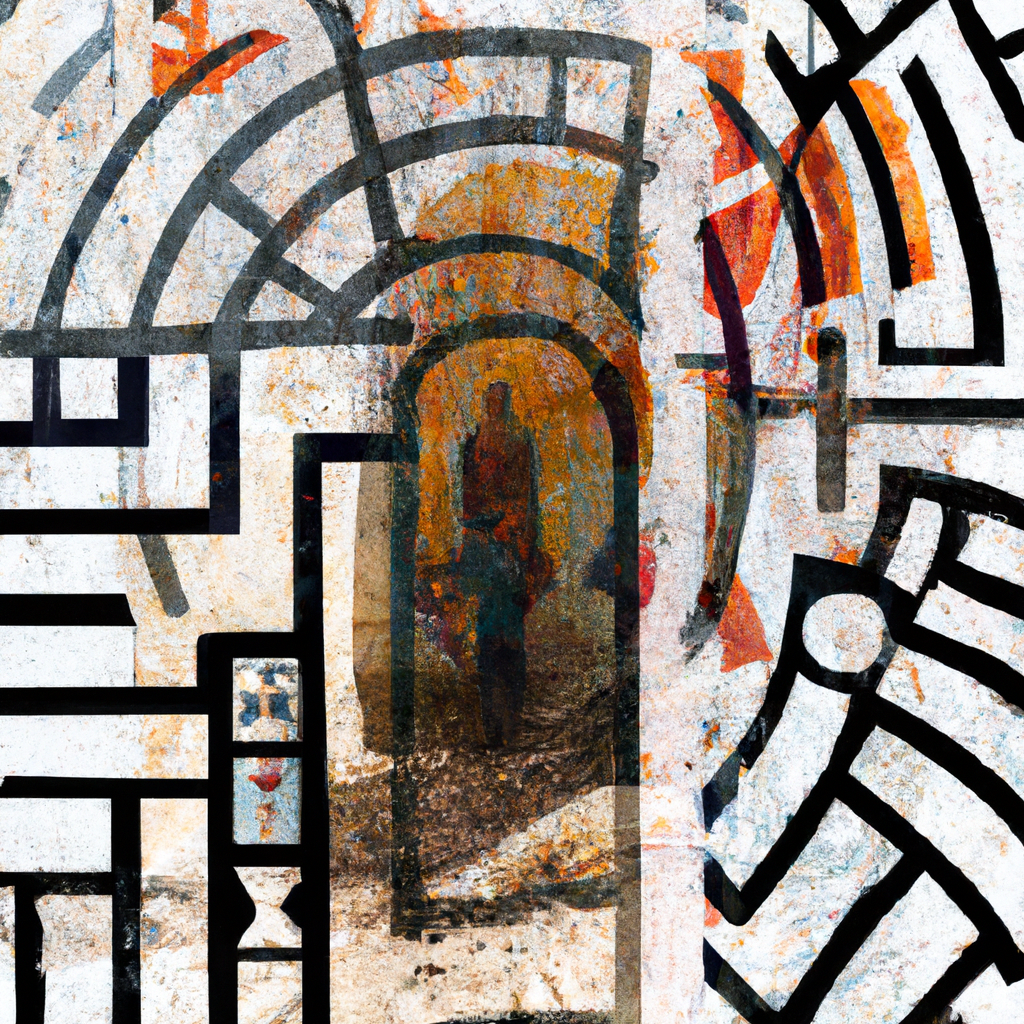In a world where myths and history dance a delicate tango, the recent discovery of 65 ancient tombs in Turkey is waltzing into the spotlight, claiming to confirm biblical narratives. But before we start rewriting religious textbooks, lets pause for a philosophical ponder. Isnt it curious how we yearn for tangible proof of ancient texts, as if faith alone doesnt carry the weight of truth?
What’s Claimed
The excavation in Turkeys ancient city, long associated with the Apostle Paul, is said to confirm four chapters of the Bible. The Daily Mail reports this archaeological find as direct evidence linking the tombs to biblical times, suggesting a validation of scripture through stone and soil.
What We Found
While the excitement of uncovering ancient relics is palpable, equating these tombs directly with biblical chapters is a leap of archaeological imagination. According to experts, such claims often stem from a desire to see history through a narrow lens, where every artefact becomes a piece of a divine puzzle. However, the connection remains tenuous, more Indiana Jones than academic journal.
Cultural Context or Why It Matters
Our collective obsession with proving ancient texts through archaeology reveals much about our modern psyche. In a time where fake news and misinformation run rampant, clutching at historical straws offers a comforting certainty. Yet, should we not ask why we seek validation for beliefs that are inherently faith-based? As we navigate the labyrinth of history, where does scholarly inquiry end and wishful thinking begin?
The Receipts
- Reuters: Archaeological finds in Turkey
- Snopes: Analysis of Archaeological Claims
AP: Exploring Biblical Archaeology
Verdict
Misleading The archaeological find is significant, but direct links to specific biblical chapters are speculative at best.





